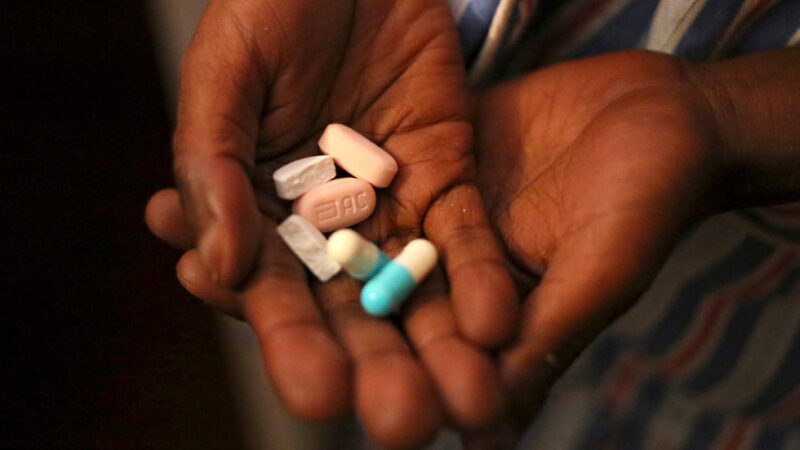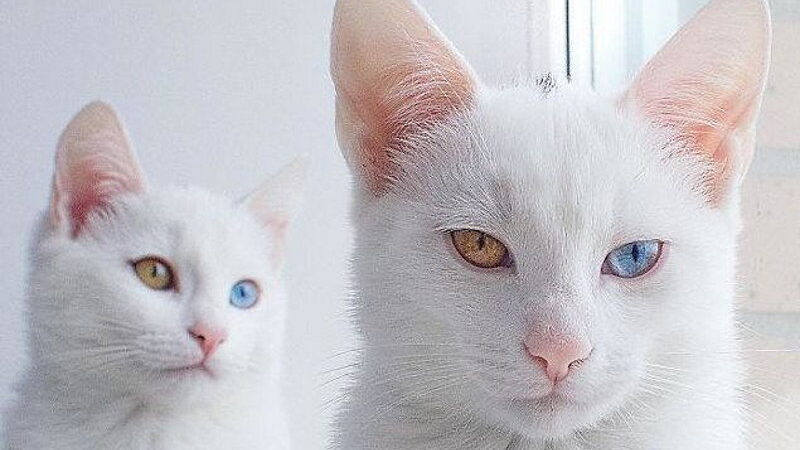Black HIV/AIDS Awareness Day is an annual American observance dedicated to raising public awareness about HIV/AIDS within the Black community. It is celebrated every year on February 7.
History
The first Black HIV/AIDS Awareness Day took place in 1999. It began as a small event to educate the public about the significant impact of HIV/AIDS on the Black community and to promote effective solutions. Over more than 20 years, this observance has grown, underscoring the urgent need to address racial disparities in healthcare in order to combat HIV/AIDS.
HIV/AIDS can affect anyone, regardless of race, gender, or age. HIV is the initial stage of the disease and is transmitted through blood and unprotected sexual contact. Once in the body, the virus attacks healthy cells, using them for its reproduction. Although HIV is not curable, modern medication can greatly slow its progression. Without treatment, HIV can advance to AIDS, leaving the immune system dangerously weakened.
Interesting Facts
- HIV cannot be transmitted through personal items or saliva.
- Symptoms rarely appear immediately after infection. Signs of immune system damage often emerge 6–8 years later.
- HIV is believed to have existed for a long time, first infecting animals. It began affecting humans about a century ago after transmission from chimpanzees.
How to Take Part
Support Black individuals you know who may be affected by HIV/AIDS. Donate to organizations such as The Black AIDS Institute or participate in fundraising events. Organize lectures and educational events to raise awareness.
Share information about Black HIV/AIDS Awareness Day on social media to help spread the word.
When Is Black HIV/AIDS Awareness Day in 2026?
Black HIV/AIDS Awareness Day is observed on February 7 every year.
Observations
| Weekday | Month | Day | Year |
| Saturday | February | 7 | 2026 |
| Sunday | February | 7 | 2027 |
| Monday | February | 7 | 2028 |
| Tuesday | February | 7 | 2029 |




